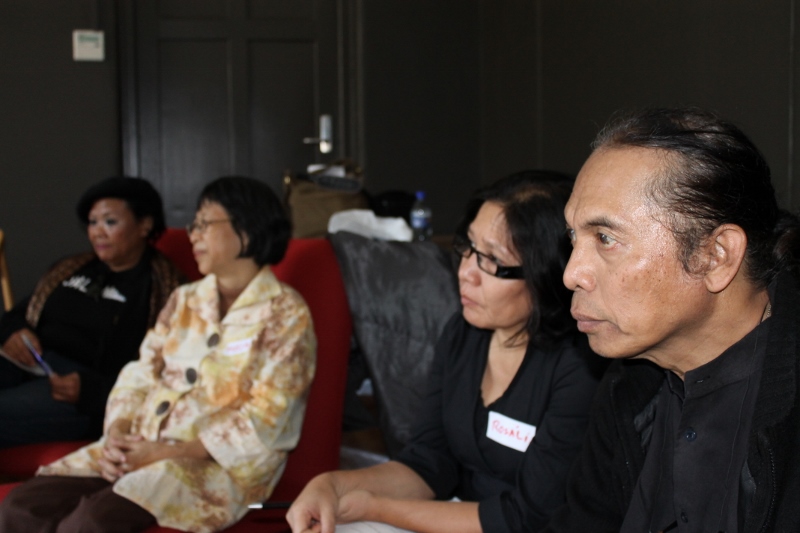
Reflection On Urbanism, Urban Environments And Urban Future In Indonesia And Timor Leste
Chairs:
Dr. Amanda Achmadi
Faculty of Architecture, Building and Planning, University of Melbourne
Mr. Tito Ambyo
School of Media and Communications, RMIT University

Friday 26 September 2014, 1-4pm
Old Arts Building, Graduate Seminar Room 1 (R.210)
Considering the unprecedented scale of urbanisation currently unfolding in Asia, discussions about the future of the continent – Indonesia and Timor Leste included – will certainly involve a reflection of its transforming urban conditions, both socially and environmentally. Recently Indonesia has witnessed the emergence of new type of urban functionaries, such as Jokowi-Ahok Governor and vice governor of Jakarta), Tri Risma (Mayor of Surabaya), and Ridwan Kamil (Mayor of Bandung). They are mostly admired and championed by the country’s growing urban middle class, and their programs involved a much more pronounced attempt to manage the built environments of the cities – streetscape, housing conditions, urban amenities and infrastructure – as ways to address the country’s long standing social and environmental urban problems such as inequality, housing unaffordability, fragmented urban society, flooding, uncontrolled used of public space, informal settlements, poor urban governance, and poor mobility and transportation system.
This roundtable discussion invites the 2014 Australian Awards fellows to reflect on the nature of urbanism and cities they have encountered in Indonesia and/or Timor Leste and the extent to which their works are informed and shaped by their urban experiences. The aim of the discussion is to learn about and exchange views of the role of cities and urbanism in the two countries’ developing democracy and unfolding socio-cultural dynamics.
The following questions will drive the discussion:
• to what extent do civic urban spaces and urban culture actually exist in major cities and towns in Indonesia and Timor Leste?
• to what extent have the urban populations in the two countries been actually engaging with, critiquing, and shaping their urban environments?
• what are the potentials and hurdles in the making of civic space in the urban centres of the two countries?
• To what extent have urban built environments and urban collectivities played a role in the context of reconciliation and cultural recovery following occurrence of political conflicts and natural disasters in the two countries?
• In what ways do urban experiences inform/affect your works?
• If cities in different part of the world are seen to be the catalysts of an emergence of a democratic society, egalitarianism, and progressive social movements, or on the other end as a symbol of repression and authoritarianism, where do Indonesian and Timor Leste’s cities stand for today?